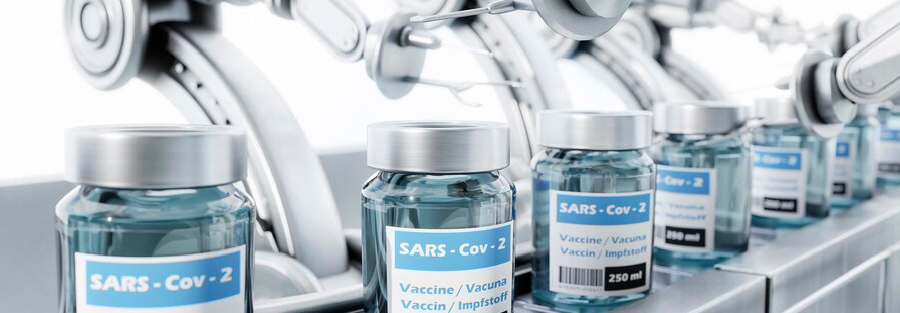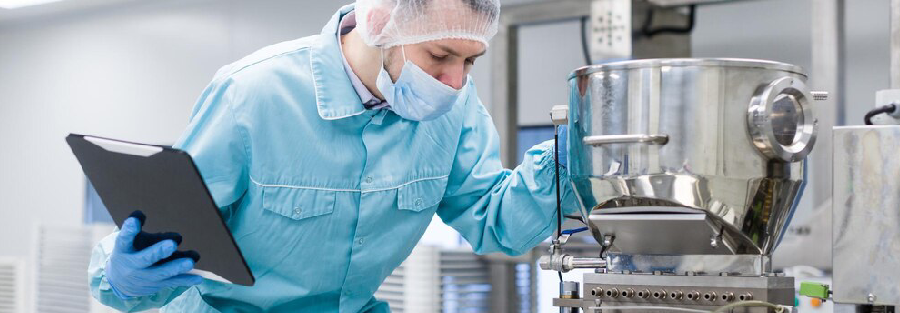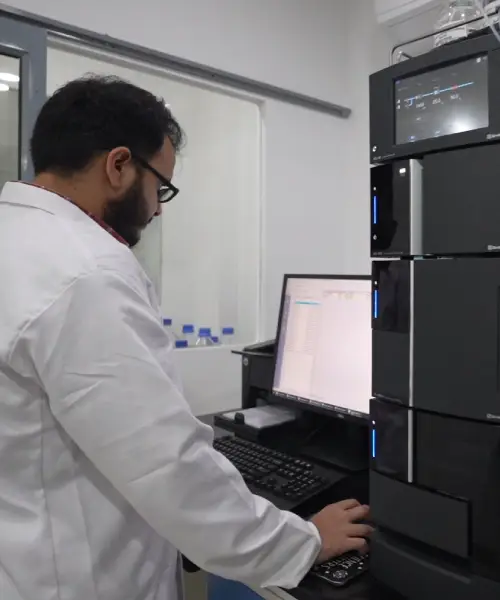
API Pharma
In pharmaceutical R&D, API analytical method development is essential for ensuring drug quality, efficacy, and regulatory compliance. Without precise analytical methods, assessing the purity, potency, and stability of an active pharmaceutical ingredient (API) would be impossible.
What is an analytical method?
An analytical method is a scientifically validated procedure used to detect, identify, quantify, and characterize pharmaceutical substances. These methods play a vital role in drug substance characterization, impurity profiling, and batch-to-batch consistency, ensuring product safety.
As the pharmaceutical industry evolves, companies increasingly rely on CDMO solutions to streamline analytical workflows, optimize method development, and ensure regulatory compliance.
The Importance of Analytical Methods in API Development
The development of reliable analytical methods is essential for maintaining the quality and safety of APIs. These methods support pharmaceutical companies in several key areas:
1. Ensuring API Purity and Potency
The effectiveness of any drug depends on the purity and potency of its API. Precise analytical methods help detect impurities, degradation products, and contaminants that could impact drug performance.
2. Stability Testing
Stability studies determine how an API reacts under different environmental conditions, including temperature, humidity, and light exposure. API analytical method development ensures that these studies are accurate and reproducible.
3. Regulatory Compliance
Regulatory bodies such as the FDA and EMA mandate the use of validated analytical methods for API quality control. Proper method validation ensures that pharmaceutical companies meet stringent compliance requirements.
Key Steps in API Analytical Method Development
Developing a robust API analytical method development strategy involves multiple stages, from initial selection to full-scale implementation.
1. Method Selection & Design
Selecting the right analytical methods depends on the properties of the API. Common techniques include:
- Chromatography (HPLC, GC): Used for impurity detection and quantification.
- Spectroscopy (UV, IR, NMR): Identifies chemical structures and functional groups.
- Dissolution Testing: Ensures drug solubility and bioavailability.
2. Validation & Optimization
Validation ensures that an analytical method is accurate, precise, and reproducible. Regulatory agencies follow ICH Q2(R1) guidelines, which require method validation based on parameters such as:
- Accuracy – Ensuring the method provides correct results.
- Precision – Confirming consistency across multiple tests.
- Specificity – Differentiating between the API and impurities.
3. Implementation & Scale-up
Once validated, analytical methods must be scalable for commercial production. This is where CDMO solutions play a critical role, helping pharmaceutical companies adapt methods for large-scale manufacturing while maintaining compliance.
Challenges in Developing Robust Analytical Methods
Despite advancements in technology, API analytical method development faces several challenges:
1. Method Variability
Slight differences in laboratory conditions, reagent quality, or equipment calibration can lead to inconsistent results. Ensuring standardization across global manufacturing sites is crucial.
2. Sensitivity Limitations
Some analytical methods struggle to detect ultra-low levels of impurities or degradation products. Advanced detection techniques, such as mass spectrometry, can improve sensitivity.
3. Regulatory Expectations
Meeting evolving regulatory guidelines requires constant updates to analytical methods. Failure to comply can delay drug approvals and impact market readiness.
4. Overcoming Challenges with Pharmaceutical Analytical Services
By leveraging pharmaceutical analytical services, companies can access state-of-the-art laboratories, experienced analysts, and validated methodologies to overcome these challenges effectively.
The Role of CDMO Solutions in Analytical Method Development
CDMO solutions providers offer comprehensive support in API analytical method development, helping pharmaceutical companies refine their testing processes.
Key Benefits of CDMO Partnerships:
- Expertise in Method Development: CDMOs specialize in designing and validating customized analytical methods for complex APIs.
- Regulatory Compliance Support: Working with a trusted CDMO ensures adherence to FDA, EMA, and ICH guidelines.
- Cost-Effective Solutions: Outsourcing to CDMO solutions reduces in-house infrastructure costs and accelerates time-to-market.
By collaborating with CDMOs, pharmaceutical companies can enhance efficiency, reduce development timelines, and ensure reliable analytical methods for API production.
Conclusion
The API analytical method development journey is a critical component of pharmaceutical R&D, ensuring that APIs meet the highest standards of quality, safety, and efficacy. From method selection and validation to full-scale implementation, well-designed analytical methods play a crucial role in drug development and regulatory approval.
By partnering with pharmaceutical analytical services and leveraging CDMO solutions, pharmaceutical companies can streamline their analytical workflows, improve regulatory compliance, and bring life-saving medications to market more efficiently.






